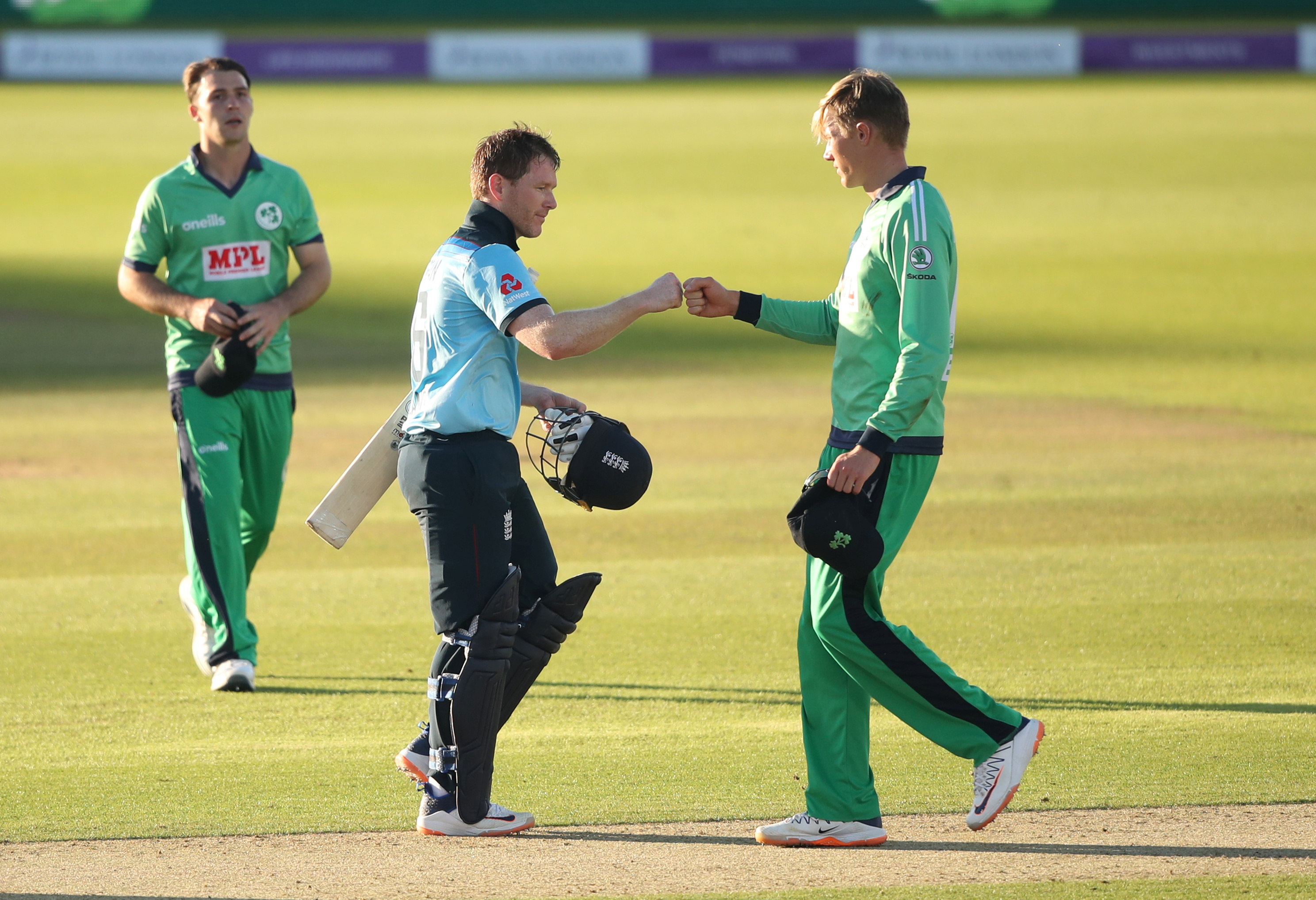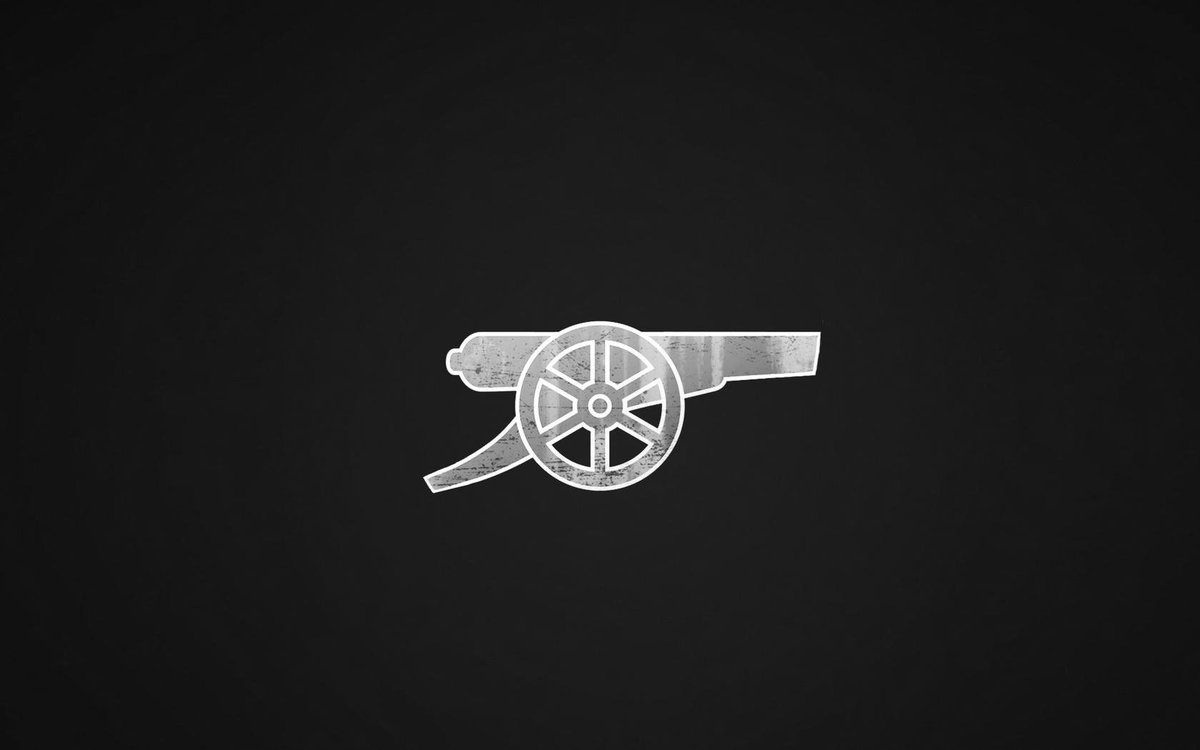The ODI Super League: a double-edged sword that ICC needs to tread carefully with
The last line of the third paragraph of ICC’s explainer for the Men’s ODI Super League has these exact words: ‘Since each point matters, there will be no dead rubbers and teams will always have to be at their very best.’

Certainly, the first ODI between England and Ireland at the Ageas Bowl on Thursday, which was being advertised as the curtain-raiser for the inaugural Men’s ODI Super League, did not do justice to ICC’s campaigning. Neither team was at their best nor did it feel like they played with the intention that every point matters: Ireland fielded five players who had played less than 15 ODIs, including two debutants, and left out their three senior players in the form of William Porterfield, Joshua Little and Boyd Rankin while England, due to them opting for separate red-ball and white-ball squads, only had a select few seniors at their disposal.
It felt like the deadest of dead rubbers which, if not for the pandemic, would have been a relatively insignificant encounter. The end result though was that England walked away with 10 points to their name, officially winning the first ever ODI Super League match in the game’s history.
But while this match did not quite do justice to what the ICC envisioned the league to be - a high-intense competition where teams will be ready to go to hell and beyond to win matches - it might have, however, just exposed a loophole that the governing council might not have thought about or paid attention to, or just willfully chosen to ignore to thrust their agenda : the actual competitiveness of the matches in the competition, eradicating all the intangibles from the equation.
The first ODI between England and Ireland at the Ageas Bowl on Thursday saw the World Champions smash the 11th ranked side in the world with a virtual second-string team but while the circumstances of this particular result were understandable - England being the strongest side in the world, lack of match practice for Ireland, home side quick off the blocks etc - it did, however, raise the doubt whether one-sided games could be the running theme in this newly-devised competition that is set to last until the third month of 2022. Every pice of evidence suggests that it certainly will, and it is an aspect that has been overlooked.
While the basic format of the tournament would mean that the bottom sides would get to play more against the top nations, thereby helping them gain more exposure, improve their levels and certainly generate more revenue, it will also almost certainly make for a painful viewing experience for the common fan, as was evident from yesterday’s encounter. England butchered Ireland in just over 72 overs but truth be told, the game might very well have ended an hour or two earlier had Eoin Morgan’s men put their foot on the gas - Ireland were 28-5 and 79-7 at different stages in their innings and had the English bowlers gone for the kill or had Morgan not held himself back until his side lost four wickets, we might have bid a very early goodbye to the encounter.
The contest was so colourless, humdrum and one-sided that it did more to force the viewers into switching channels than to make them stay and actually watch the match, yes, but, most importantly, it raised the question if the ICC had booked themselves into a corner by marketing the Super League as some sort of a game changer for the sport and the format, which it clearly isn’t. At least not as of the moment.
The format sees a total of 13 teams (12 full members + Netherlands, who won the ICC World Cricket League Championship) play eight other teams in a total of eight series (four home and four away), meaning the likes of Ireland, Netherlands and Zimbabwe would play a significant chunk of bilaterals against teams ranked inside the top ten - which is great. But while it will go a long way in ensuring the growth and development of the aforementioned nations, the scheduling will also invariably result in innumerable one-sided matches, which might not only diminish the interest of the viewers, but also hinder the ICC’s grand plan of adding significance to the 50-over format, which seems to be the weakest of the three.
The question that the ICC need to ask themselves is if the fans will be okay with them being dished out a bunch of matches where the outcome will be all but predetermined. Certainly, they weren’t at the time of the 2019 World Cup. It is easy to forget that it was just over a year ago, prior to Sri Lanka upsetting England, that there was a massive public outcry over the one-sided nature of the games at the World Cup, despite it featuring no associates. Mouths were shut thanks to the dramatic turnaround - prior to which the future of the format came under question - but this time around, leaving aside a miracle, there will be no two ways about it.
The imbalance in power between the top and bottom teams has arguably never been higher and what this will mean is that a clash between a strong and a weak team will inevitably end up in the bigger team squashing the smaller one. The format of the Super League is an invitation for a lot of squash matches and the first England-Ireland ODI was just a sneak peak into it.
As much as our heart wants us to believe otherwise, that simply is the harsh reality. A team like Afghanistan, which has been playing ICC tournaments since 2012, was brutalised in the 2019 World Cup and they have, on top of that, struggled historically against the top full-member nations, particularly in the 50-over format. The top six ranked teams in the world - England, India, Australia, South Africa, New Zealand and Pakistan - have, in fact, combinedly lost just four ODIs and won 69 games against the bottom four sides in the ODI Super League since the start of 2012; such a stat provides little hope for any small team to put up a fight against the favourites, let alone win, even in the case of the big team fielding its second-string side. Such is the existing imbalance.
One-sided matches don’t necessarily mean that the format and the competition is bad, no. Indeed, the only way smaller nations will make progress is by rubbing shoulders more frequently against the best and in the process of doing so, they will invariably get beaten and beaten badly. The problem here, though, is not the format itself - rather, it is the way the ICC are campaigning it. And it is worrying.
The World Super League is certainly a step in the right direction to create a level playing field and bridge the gap between the Davids and the Goliaths of our sport - a gap that has widened way too much over the course of the last decade. It is a welcome innovation which provides an invaluable platform for teams that had, in the last decade, passed years playing just a handful of significant matches.
However, it is foolish, naive, and incorrect to pretend and advertise it as some sort of a high-octane two-year competition which would change the game. By doing so, not only are the ICC inviting the wrath of the fans who will inevitably be left disappointed, but they are giving away the impression that they feel that the Super League is the pinnacle; that it is all that the associates need. There is room for improvement and this, if anything, must be considered a mere starting point.
The risk that ICC’s campaigning possesses, especially by neglecting the cons, is the tournament coming off as a lacklustre spectacle - and there is every chance of it happening - which will eventually force them to do away with the model and go back to square one. It should, instead, be projected as exactly what it is: baby steps for a better, more inclusive future which will, at least in the short term, only benefit the big fishes and enhance their own revenue-driven World Cup model.
The tournament certainly is a giant leap in the right direction, yes, but its true success can only be measured a decade or half a decade later. The ICC’s duty, until then, will be to not sabotage the operation. And whilst they’re at it, perhaps they’d be better off giving the associates the one thing they’ve been yearning for: a longer, more inclusive World Cup.

Comments
Sign up or log in to your account to leave comments and reactions
0 Comments